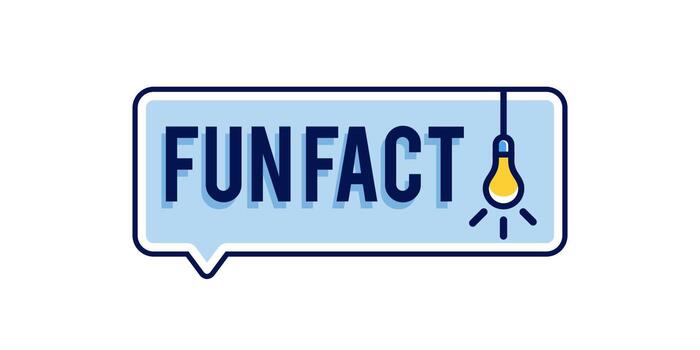Slate’s Matthew Yglesias reports on the economics of a new drug called Modafinil, which appears to let people get by with much less sleep than they do today.
When I first read about this drug, I was thrilled.
I can’t stand sleep. I don’t like to sleep. I’m appalled by my need for sleep. Sleep is like death. I’ve always thought that sleep was human being’s greatest weakness.
If this drug could allow us to continue to function normally on less sleep, this would be a crowning achievement of the medical and pharmaceutical establishment.
Then I realized the possible personal implications involved.
I already require less sleep than most people. I slept a little more than five hours last night. The previous night I slept four. I probably average about five hours of sleep per night.
Some might argue that I actually require more sleep and am depriving my body of what it needs. A recent report in the New York Times argues that people who believe they can get by on 5 or 6 hours of sleep are probably shortchanging themselves when it comes to the rest they require.
I admittedly got nervous while reading this piece until I came to the list of effects of this self-imposed sleep deprivation:
From infancy to old age, the effects of inadequate sleep can profoundly affect memory, learning, creativity, productivity and emotional stability, as well as your physical health.
I don’t think I suffer in any of these effects. In fact, I think I excel in many of these areas. They are some of my areas of greatest strength.
Don’t get me wrong. I have many, many shortcomings (22 in all by the latest count), but none of the effects of sleep deprivation appear on the list.
As a result, I have 2-3 extra hours a day in comparison to the average American. Add to that this that the average American watches about six hours of television per day and I average less than one and it’s easy to understand why I manage to get so much done.
One of the questions I’m most frequently asked at my author talks is how I manage to squeeze so much into a single day.
I often cite my near-death experiences as providing me with an ongoing, diabolically existential crisis that makes me want to suck the life out of every minute of every day.
I speak about my experience working at McDonald’s, learning and embracing the idea that unwavering, well-planned routines boost productivity.
I talk about how daily exercise boosts my energy level. I talk about my belief in minimalism as a means of stripping my life of unneeded noise and clutter. I talk about my ability to prioritize tasks and delegate.
All of these things are true, but at the heart of my productivity is the fact that my day is 2-3 hours longer than the average American, and if you factor in the amount of television that the average person watches, it’s 6-8 hours longer.
I simply have more time in the day than most.
This is why I find myself despising the idea of a drug that reduced the amount of sleep that a person requires. I have a hard enough time keeping up with the added hours in my day. My reduced need for sleep is the closest thing I have to a super power (other than my immunity from bruising, hangovers and vomiting).
This pill would render my super power meaningless.
How would Superman feel if everyone could take a pill and suddenly leap tall buildings in a single bound?
Depressed is my guess. Downright annoyed.
It’s how I feel now.
I’m secretly hoping that the clinical trial for this new drug fail miserably. Maybe the mice will grow a third eye or get lost in the simplest of mazes.
Anything to maintain give me an edge on the average person.
My advice to you:
Get plenty of sleep. Maybe even more than you require. Don’t take any chances. Did you see that list of adverse effects of sleep deprivation? Memory loss? Emotional instability? A lack of creativity? It’s nothing to mess with. Go to bed early and wake up late. Sleep until noon on the weekends.
Embrace your bed for the friend and companion that it should be.
Sleep, my friends. Sleep long and hard.
I need all the help I can get.





